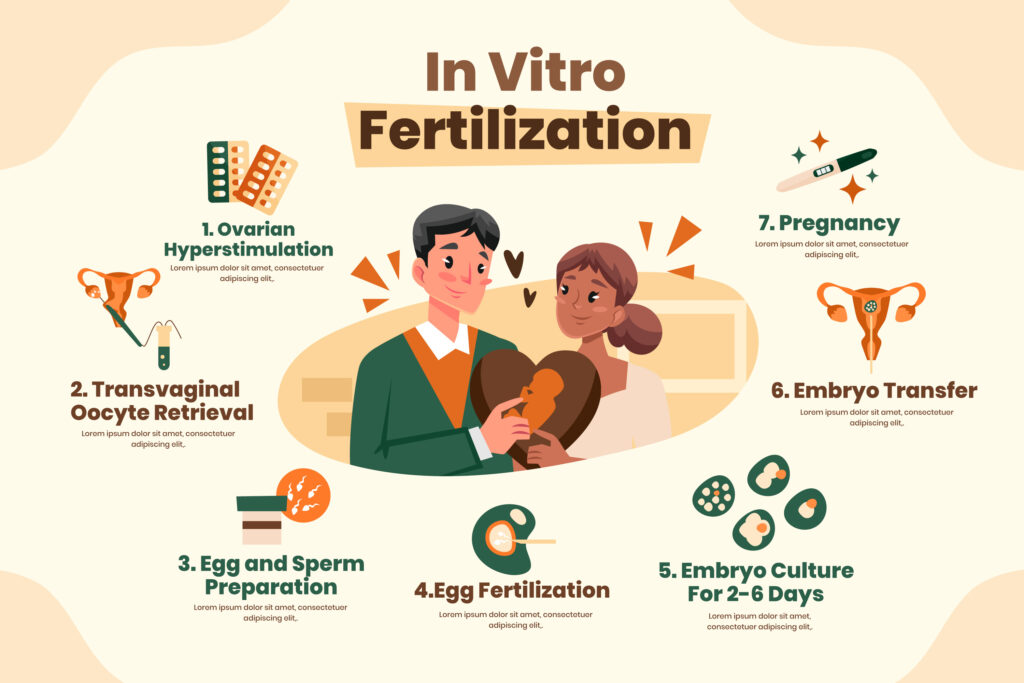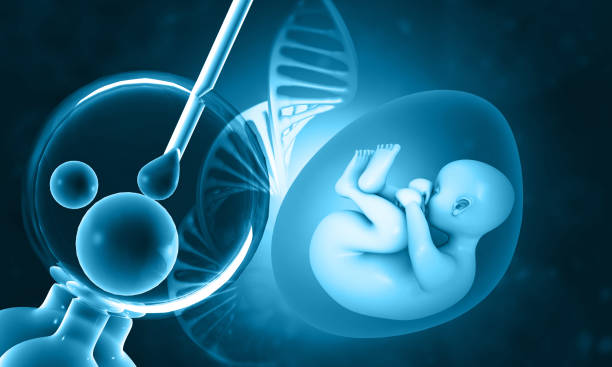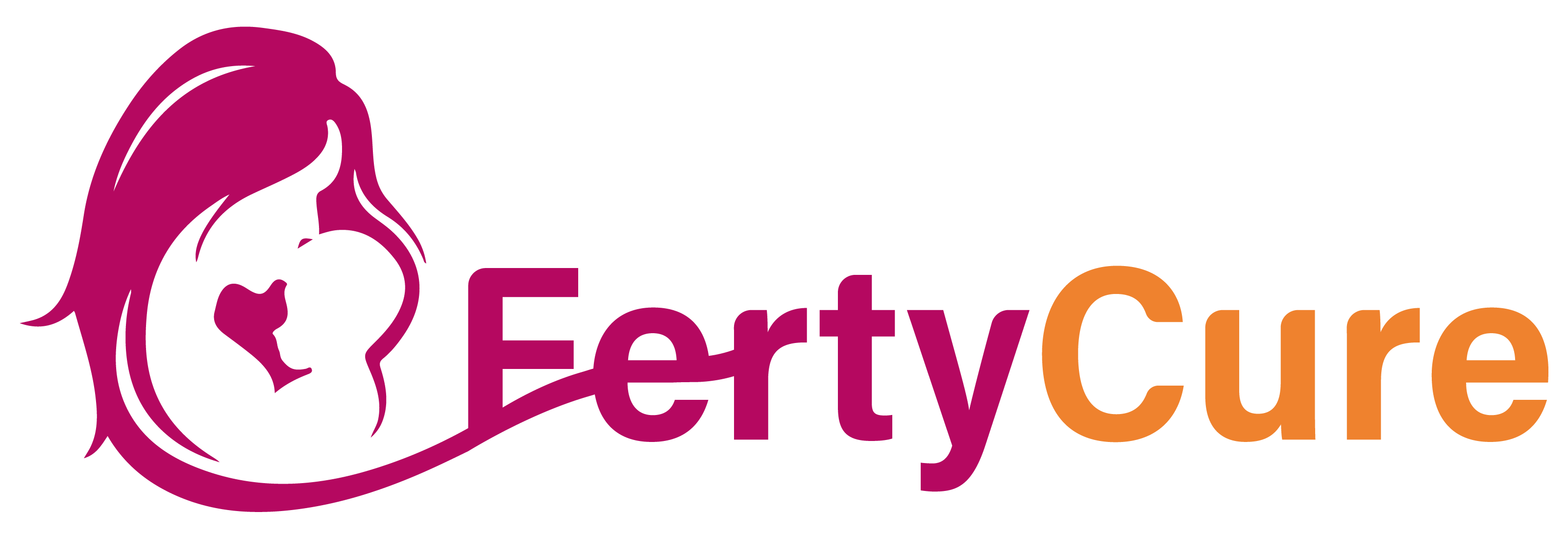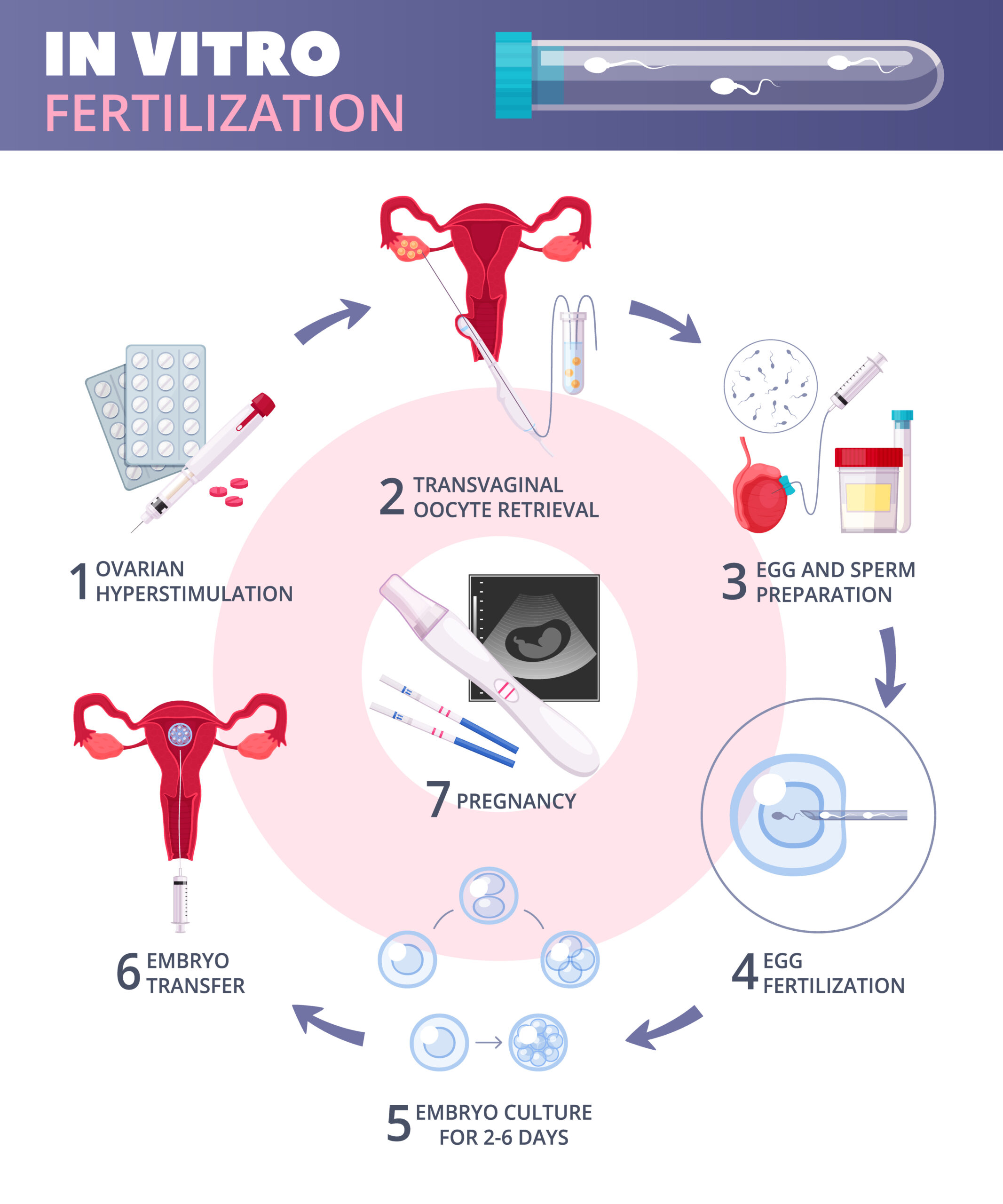Table of Contents
Pros and Cons of IVF treatment in India
Have you ever found yourself wondering about the Pros and Cons of IVF treatment in India? Navigating the world of assisted reproductive technology can be daunting, especially when it’s about making choices that directly impact your future family.
Understanding IVF
What is IVF?
In-Vitro Fertilization (IVF) is a medical procedure in which an egg is fertilized by sperm outside the body. The process involves monitoring and stimulating a woman’s ovulation process, extracting an ovum or ova (egg or eggs) from the woman’s ovaries, and letting sperm fertilize them in a laboratory.
Stages of IVF Treatment
Let’s walk you through the journey of IVF, step by step. Understanding each stage can demystify the process and offer clarity to those considering it.

Ovarian Stimulation
This is the first step in the IVF process. Here, fertility drugs are given to stimulate the ovaries to produce multiple mature eggs. Why multiple? Because not every egg will fertilize or develop properly.
Egg Retrieval
Once the eggs mature, they are retrieved in a minor surgical procedure. It’s like a high-tech egg hunt, where each egg holds the promise of life.
Sperm Collection
Parallel to the egg retrieval process, sperm is collected. This can either be from a partner or a donor. The sperm undergoes a process to find the healthiest ones for fertilization.
Fertilization
This is where the magic happens! The eggs and sperm are combined in a lab dish, and nature takes its course. After a few days, the successfully fertilized eggs will have developed into embryos.
Embryo Transfer
The healthiest and strongest embryos are chosen for transfer into the woman’s uterus. If all goes well, one of these embryos will implant itself into the uterus lining, leading to pregnancy.
Why opt for IVF?
Many opt for IVF because of challenges they face in natural conception. It provides hope to couples who’ve faced infertility issues, offering a path to a better conception opportunity.
The Pros of IVF Treatment in India
High success rate

India boasts a high success rate when it comes to IVF. Thanks to state-of-the-art technology and skilled professionals, many couples find success on their first or subsequent tries.
Better conception chances
If you’re struggling with infertility, IVF offers better conception chances than many other treatments. With the right experts by your side, you can navigate the challenges of IVF and find a positive outcome.
Technological advancements

India’s IVF clinics are equipped with cutting-edge technology, ensuring that the process is smooth and yields the best results.
Affordability

One of the major advantages of opting for IVF treatment in India is the cost-effectiveness. The treatment is often more affordable than in many Western countries, without compromising on the quality or high success rate.
The Cons of IVF Treatment in India
Emotional and physical stress

IVF isn’t just a physical journey; it’s an emotional one too. The anticipation, hormones, and the process itself can be taxing.
The challenges of IVF
Understanding the challenges of IVF is crucial. Not every cycle results in success, and it’s vital to be mentally prepared for multiple attempts.
Financial aspects
While IVF in India is more affordable than many places, it can still be a significant investment, especially if multiple cycles are needed.
Overcoming the Cons
Emotional support and counseling
Many IVF clinics in India offer emotional support and counseling services to help couples navigate the emotional rollercoaster of IVF.
Choosing the right clinic

Selecting a clinic with a high success rate, great reviews, and a supportive environment can make a world of difference in your IVF journey.
Conclusion
In conclusion, understanding the Pros and Cons of IVF treatment in India allows couples to make informed decisions. With the challenges of IVF understood, it’s easier to prepare and hope for a better conception and a positive outcome.
FAQs:
What contributes to the high success rate of IVF in India?
Advanced technology, experienced professionals, and comprehensive care contribute to the high success rate.
How many cycles of IVF might one need?
It varies per individual. Some might succeed in the first try, while others might need multiple attempts.
Are there any age restrictions for IVF in India?
Generally, women under 35 have a higher success rate, but many clinics offer treatments to older women after assessing their health. .
How can one prepare emotionally for IVF?
Seeking counseling, joining support groups, and educating oneself about the process can help in emotional preparation.
What are the primary challenges of IVF?
Emotional stress, financial burdens, and the possibility of multiple cycles are some of the challenges of IVF

